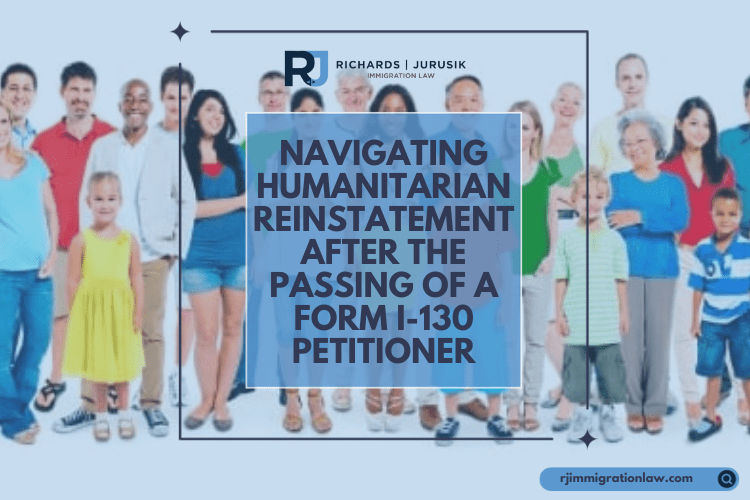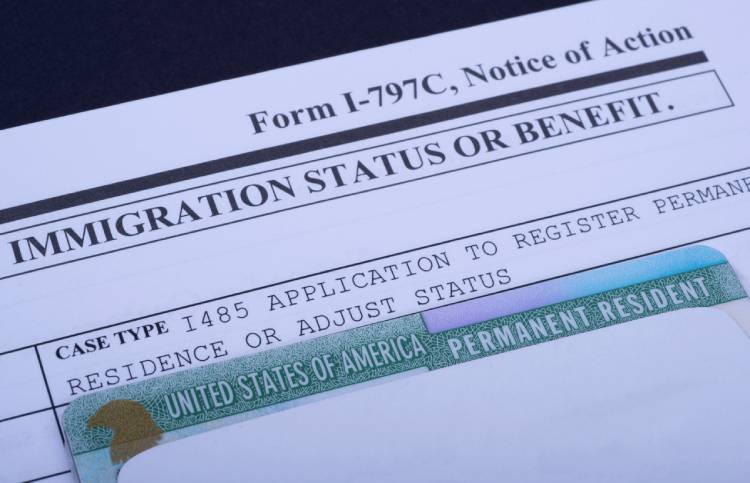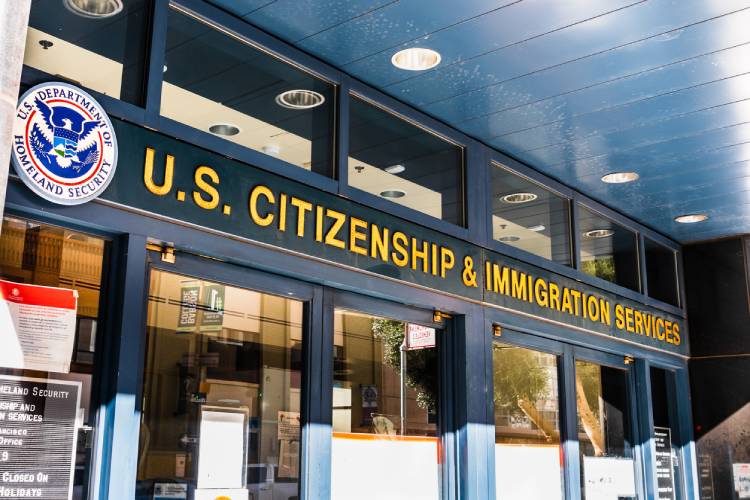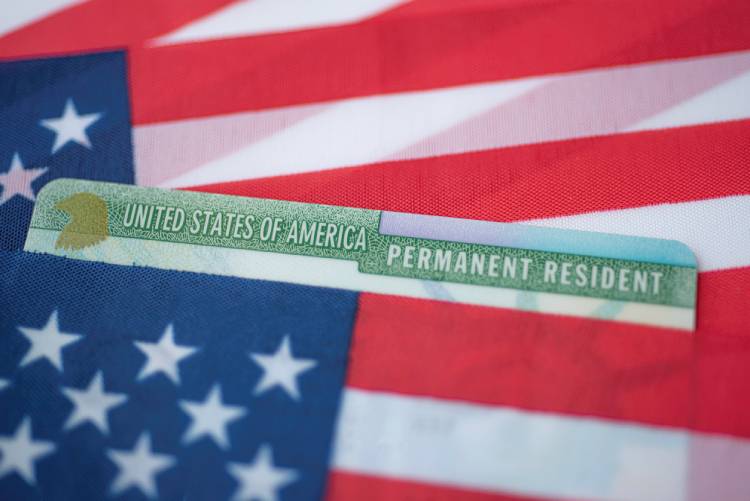Understanding Humanitarian Reinstatement
In the realm of USCIS, ‘discretionary’ denotes a careful evaluation of positive and negative aspects in a case to arrive at a decision. Humanitarian reinstatement becomes a possibility when the scales tip in favor of the beneficiary. This relief is designed for cases where the petitioner’s passing occurred before the completion of the I-130 immigration process.
Eligibility Criteria: Principal Beneficiary Focus
Humanitarian reinstatement is tailored exclusively for the principal beneficiary of an approved USCIS Form I-130. It’s crucial to note that eligibility is not extended if the petitioner passed away during the initial review of the I-130 petition. Derivative beneficiaries do not fall under this relief, though they may benefit indirectly.
Substitute Sponsor Requirements for Form I-864
In cases where the petitioner passes away, a substitute sponsor is imperative for Form I-864, Affidavit of Support. The substitute sponsor must meet specific criteria: be a US citizen, national, or lawful permanent resident, be at least 18 years old, and have specific relationships with the beneficiary.
Application Process: Navigating the USCIS Pathway
The application process for humanitarian reinstatement involves submitting a written request, accompanied by supporting documentation, to the USCIS office that originally approved the petition. Unlike many immigration processes, there is no designated form or fee for this specific request.
Proving ‘Favorable’ Discretion: Key Considerations
Successfully proving that a ‘favorable’ exercise of discretion is warranted involves a multifaceted evaluation. Factors such as the impact on the US-based family, the beneficiary’s age or health concerns, an extended lawful residence in the US, and ties to the home country play pivotal roles in shaping the decision-making process.
Embark on the journey of humanitarian reinstatement with a comprehensive understanding of the process. Ensure your eligibility, meet the substitute sponsor requirements, and navigate the USCIS pathway confidently.
USCIS Form I-864 affidavit of support: How to determine if a sponsor meets the income requirements
Schedule a Consultation with an Immigration Lawyer
Additional Outside Resources
Subscribe to Our Resources Blog
Schedule a Consultation with an Immigration Lawyer
We Can Help!
You may have questions regarding U.S. immigration laws and visas. We invite you to reach out to our team at Richards and Jurusik for detailed guidance and assistance. Our goal is to provide you with the most accurate and up-to-date information to make your immigration process smoother and less stressful. The immigration lawyers at Richards and Jurusik have decades of experience helping people to work and live in the United States. Read some of our hundreds of 5-star client reviews! Contact us today for an assessment of your legal situation.







